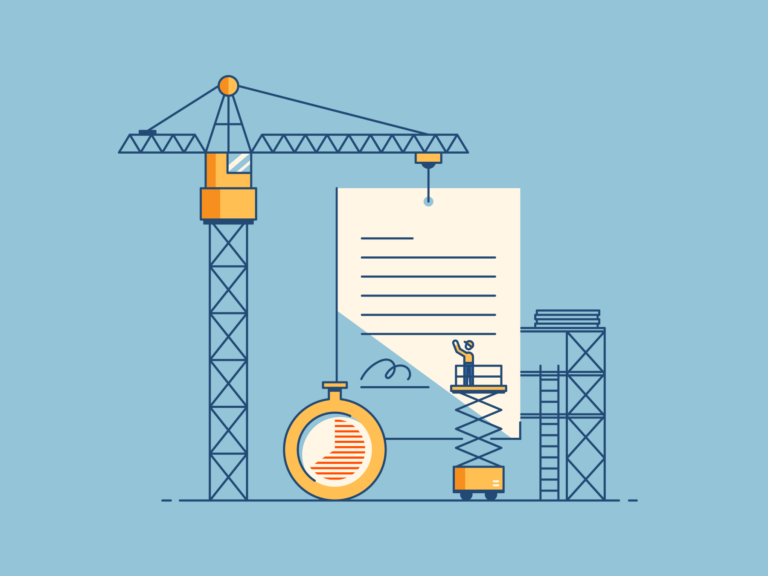The construction industry has seen a significant transformation in recent years, thanks to the integration of technology into various facets of the field. Among these technological innovations, Artificial Intelligence (AI) has emerged as a game-changer. Particularly, AI is revolutionizing the way construction contracts are managed and executed.
In this blog post, we’ll delve into seven exciting developments and the promising future of AI in construction contracts.
1. Enhanced Contract Review and Management
One of the most impactful applications of AI in construction contracts is in the realm of contract review and management. Traditional contract review processes can be tedious, time-consuming, and prone to error. AI-driven contract analysis tools are changing the game by automating the review process, allowing for faster and more accurate contract assessments. For example, these systems can swiftly identify key terms, potential risks, and anomalies within contracts, helping stakeholders make informed decisions.
2. Predictive Analytics for Risk Mitigation
Construction projects are inherently complex, and potential risks are abundant. Because AI can analyze historical data, project-specific information, and external factors, it can predict potential risks in construction contracts. Properly identifying and managing construction risks are key to completing successful and profitable projects. By identifying risks early in the project lifecycle, stakeholders can take proactive measures to mitigate them, saving time and resources.
3. Smart Contract Automation
Smart contracts, powered by blockchain technology and AI, have the potential to streamline contract execution and management further. These self-executing contracts automatically enforce terms and conditions, ensuring that all parties adhere to the agreement. For example, payments, timelines, and milestones can be automated, reducing the need for intermediaries and enhancing transparency.
4. Improved Decision-Making
Overall, AI algorithms are becoming increasingly sophisticated in their ability to process large datasets and provide valuable insights. In construction contracts, AI can assist in decision-making processes by offering data-driven recommendations. For instance, it can help with selecting the most cost-effective suppliers, optimizing resource allocation, and managing project timelines more efficiently.
5. Real-time Monitoring and Reporting
AI-powered systems monitor the progress of construction projects in real-time. They track project milestones, budgetary constraints, and compliance with contractual obligations. If any deviations from the contract occur, AI can alert project managers and stakeholders promptly, enabling them to take corrective actions promptly.
6. Natural Language Processing (NLP) for Contract Understanding
Natural Language Processing (NLP), a subset of AI, is improving the way contracts are understood and managed. NLP can convert complex legal jargon into plain language, making contracts more accessible to non-legal professionals. More important, NLP can be used to automate many of the tasks involved in manual contract review, such as identifying key clauses, identifying risks, and comparing contracts. This can free up lawyers and other contract professionals to focus on more complex and strategic tasks. In addition, NLP can improve communication between parties, reducing the potential for disputes.
7. Environmental and Regulatory Compliance
Without a doubt, AI can play a significant role in ensuring construction projects adhere to environmental regulations and safety standards. By analyzing data related to compliance requirements, AI can help construction firms avoid costly fines and delays due to regulatory violations.
The Future is Here
In conclusion, the future of AI in construction contracts is brimming with potential. AI reshapes the construction industry’s landscape by streamlining contract review and management, enabling predictive analytics and smart contracts, and enabling real-time monitoring. In summary, as AI technologies continue to evolve, construction companies that embrace these innovations will gain a competitive edge in terms of efficiency, cost savings, and risk mitigation. Furthermore, the construction industry is on the cusp of a digital revolution and AI is set to be at the forefront of this transformation.
Want to Learn More?
BlackBoiler’s automated contract review software can help ensure that your contracts are tailored to your business needs and always in compliance with industry best practices. By taking these steps, you can reduce risk, improve efficiency, and ultimately ensure the success of your construction projects. To schedule a demo of BlackBoiler’s contract review software, click here.


